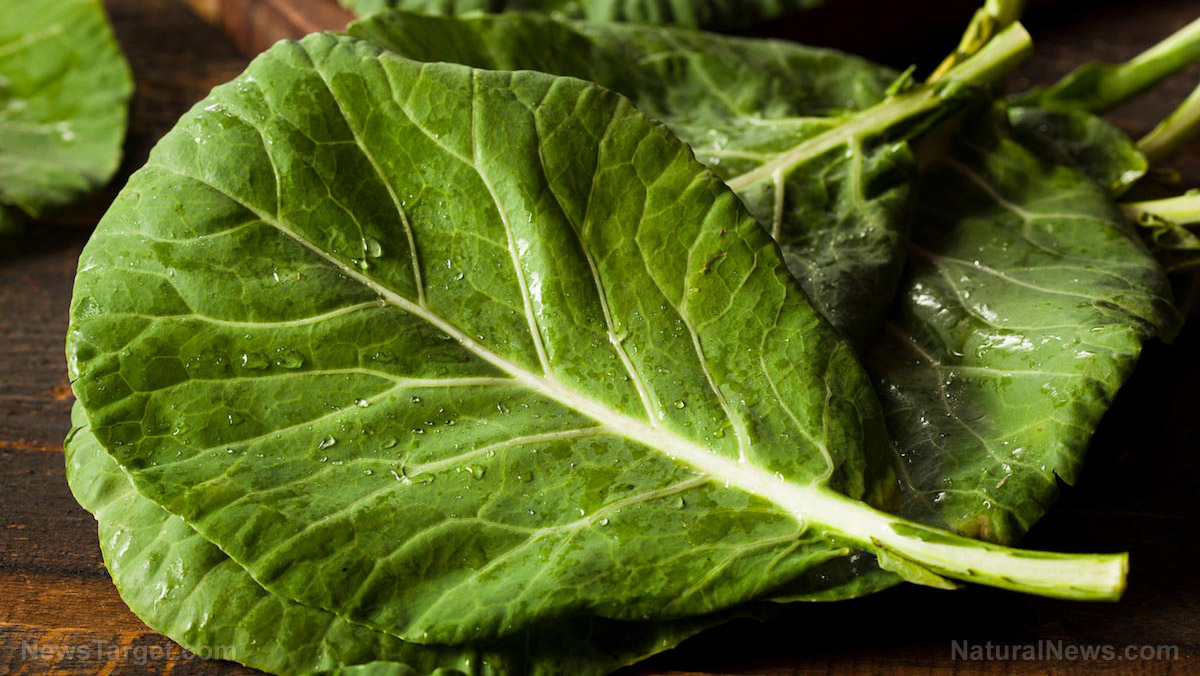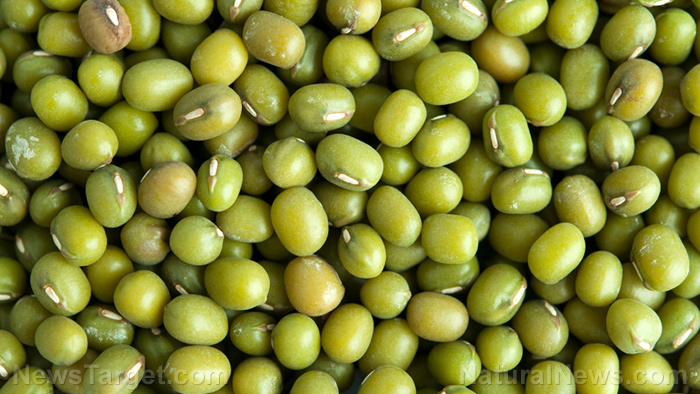Walnuts contain 4 to 15x more vitamin E than other nuts
03/08/2019 / By Edsel Cook

The next time you have to pick one type of nut for snacks, go for walnuts. A study showed that consuming the edible seeds can help protect you from heart diseases, thanks to their high levels of polyphenols, vitamin E, and omega-3 fatty acids.
Researchers at the University of Scranton (Scranton) evaluated nine different types of nuts, a list that included the likes of almonds, peanuts, pecans, and pistachios. They measured the concentration of free and total polyphenols in samples of each seed.
They reported that walnuts contained the highest levels of both polyphenol types. Furthermore, the nuts also contained several times the amount of vitamin E found in the other types.
“Walnuts are unusual in that they not only contain the most common alpha-tocopherol form of vitamin E, but also contain gamma-tocopherol, which has been found to provide significant protection from heart problems,” explained Scranton lead researcher Joe Vinson. “In previous studies, walnuts improved endothelial function, lipid profiles, and blood pressure.” (Related: New evidence shows that walnuts optimize the gut microbiome to suppress colon cancer cell growth.)
Walnuts are also the best source of omega-3 fatty acids
Walnuts also contained the greatest concentration of alpha-linolenic acid (ALA) present in nuts. An omega-3 essential fatty acid that can be obtained from consuming edible plants, ALA is vital to many bodily processes.
Omega-3 fatty acids are used in the regulation of the blood clotting process, the construction of cell membranes in the brain, and other important bodily functions. ALA, in particular, is also connected with a decreased incidence of coronary heart disease.
Humans are unable to synthesize omega-3 fatty acids on our own. We need to get these nutrients from the food we consume. But despite the importance of the fatty acids, the majority of the world’s population are not consuming enough foods that contain large amounts of these good fats.
The fat content in walnuts is mostly made up of polyunsaturated fats. Other nuts only contain monounsaturated fats, but 13 out of every 18 grams of total fat found in walnuts are polyunsaturated ones.
Walnuts can also provide copper, magnesium, manganese. and phosphorus. When the nutritional benefits of these minerals are combined with polyphenols, vitamin E, and omega-3 fatty acids, they could help prevent the onset of diseases such as cancer and autoimmune diseases.
Eat walnuts (and other nuts) raw, uncooked, and soaked
There are many ways to enjoy walnuts. You could eat them raw, roasted, or by “sprouting” the nuts by soaking them first in water. Eating seven walnuts a day will provide all of the vitamin E, ALA, and minerals you need.
Heating nuts can damage some of the antioxidants and nutrients they carry. So if you want to max out the nutrients you get, eat raw nuts.
Many nuts taste quite bitter in their raw state. This astringent taste comes from tannins and other residual chemicals called enzyme inhibitors. These compounds protect the nut or seed from environmental hazards until it is ready to sprout.
If you want to eat uncooked almonds and walnuts but can’t stand their taste, soak them in water for a couple of hours. The enzyme inhibitors will naturally dissolve in water, given one of the requirements for successful sprouting is large amounts of water.
Take the nuts out of the water and rinse them thoroughly. When you eat these “sprouted” walnuts, you will notice that they are softer, smoother, and taste like butter. They are easier to digest, which makes their nutrients easier to absorb.
Throw away the browned water. It contains no usable nutrients, only the enzyme inhibitors which are toxic in large amounts.
Sources include:
Tagged Under: antioxidant-rich foods, antioxidants, Cures, food cures, grocery, heart disease prevention, natural cures, nutrients, omega-3 fatty acics, polyphenols, polyunsaturated fats, prevention, vitamin E, walnut, Walnuts




















